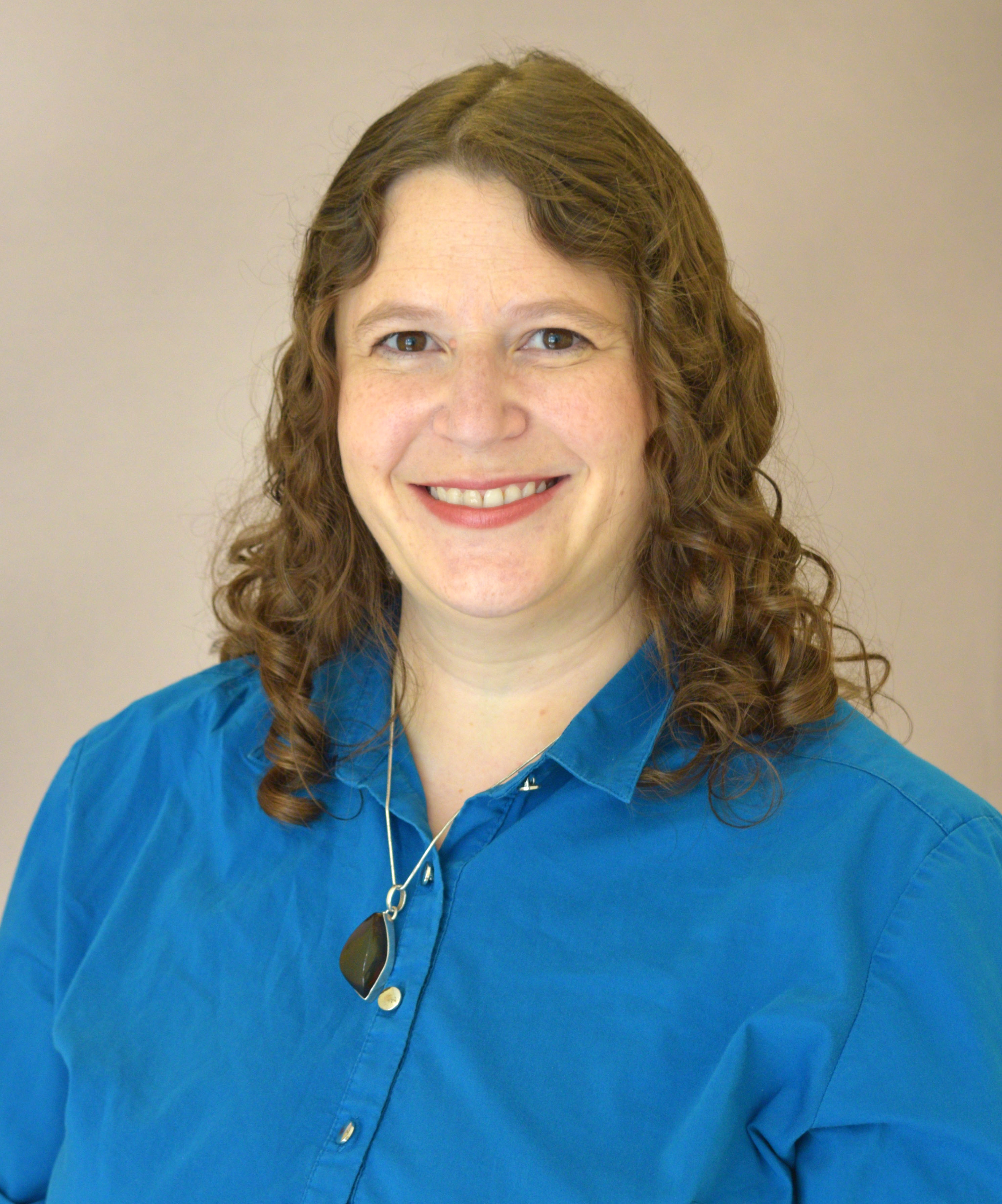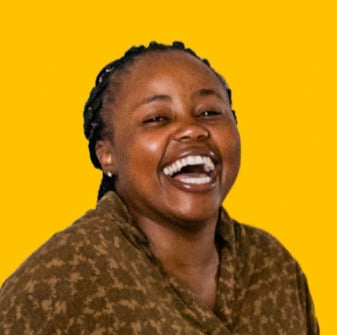This back-to-school season will be a unique experience for many LGBTQ youth and their families, with school districts in Maryland and elsewhere starting the year with entirely virtual learning.
For some youth, this learning environment will bring relief from harassment and allow them to attend school in a safe environment. Others, however, may feel even more isolated and cut off from sources of social support and affirmation.
We asked Dr. Elyse Pine, a provider with Chase Brexton Health Care’s Gender JOY program, for some advice on navigating a back-to-school season unlike any other.
What unique difficulties can this uncertain, potentially all-online return to school pose for LGBT youth and their families?
An all-virtual school environment is a relief for some LGBTQ youth, and very distressing for others. For some people, it is continued isolation and not being able to connect with friends or a trusted teacher or guidance counselor. Although students may see each other in online classrooms, there is not the same opportunity for socializing or private conversation that would naturally occur in a traditional school setting. On the other hand, many of my patients have expressed relief that they do not have to face bullying and harrassment, and can choose with whom to socialize. According to the 2017 GLSEN school climate survey, 66 percent of LGBTQ youth in Maryland were verbally harrassed and 24 percent physically harrassed on the basis of sexual orientation. Online school can be a safer alternative.
What’s one potential challenge of the online learning experience that youth and families may not have considered?
With an online environment, each county may have different policies on email address and legal name. The name that is displayed on the online chat room will be shown to the entire class, and this could disclose someone's gender status, if their legal and birth name have not changed and do not match with their gender presentation. This could be a privacy issue, and students who have a chosen name that is different than their legal name should ask their school how their name is displayed for class.
How can LGBT students connect with their friends, allies, and other established sources of support?
Currently, there are mostly online connections. PFLAG has meetings for youth and parents through www.pflagmd.org. GenderSpectrum.org has many resources, including information on helping create gender inclusive schools. They also run an online support group. GLSEN is an organization devoted to advising, advocating for, and researching policies designed to protect LGBTQ students. The switch to online school during a pandemic is sure to bring new challenges, and they can be a resource in helping LGBTQ students in Maryland.
Where can these students turn if they’re facing a problem in a school setting, either in-person or online?
The LGBT Health Resource Center is one place that young people or families can call for help. We do not have direct connections to schools, but have connections to many people in the legal, education, and advocacy fields that may be able to help resolve the issue. You can find us online at resourcecenter.lgbt, or call 410-837-2050 ext. 1049.
Also, there will be an online conference from October 24 to 25 for youth and parents/caregivers, with expert sessions on advocating for youth in school environments. You can find out more at www.GenderconferenceNYC.com.
I wish everyone—students, parents, and teachers—a successful year!
For more information, resources, and support, please visit resourcecenter.lgbt.


